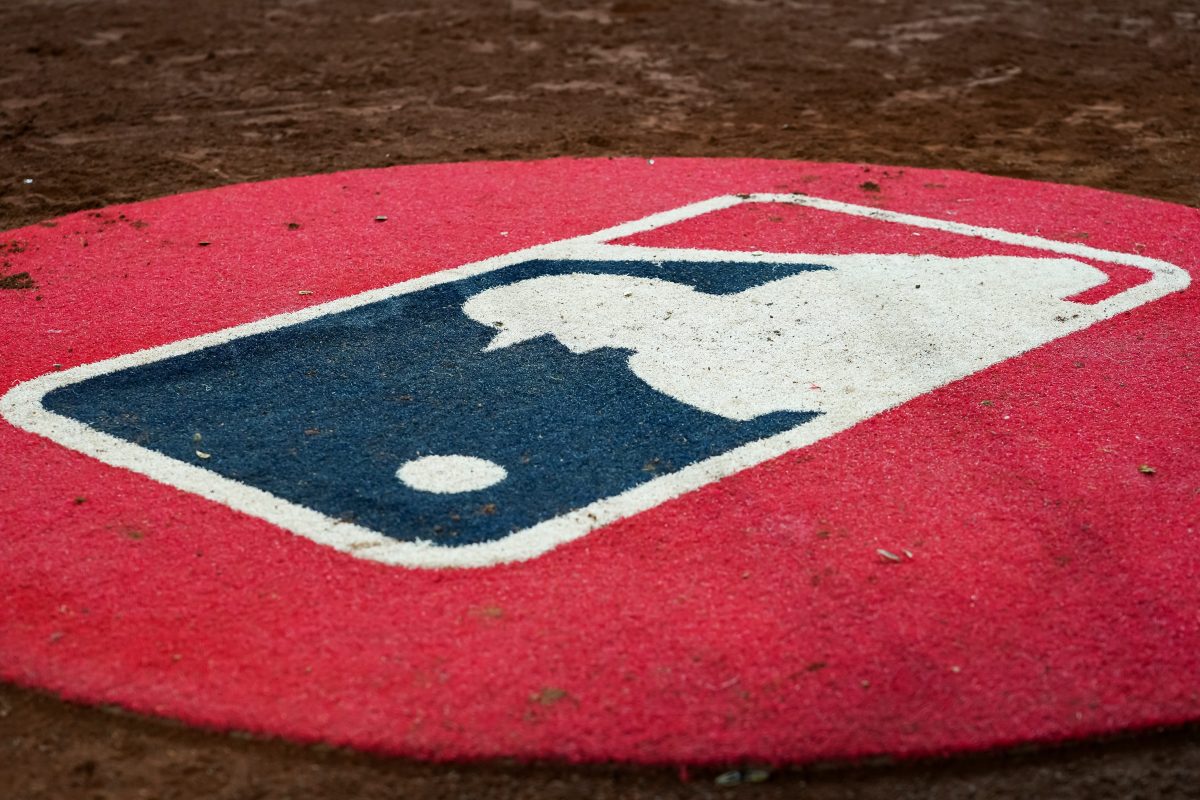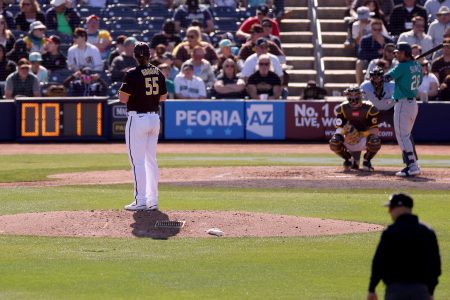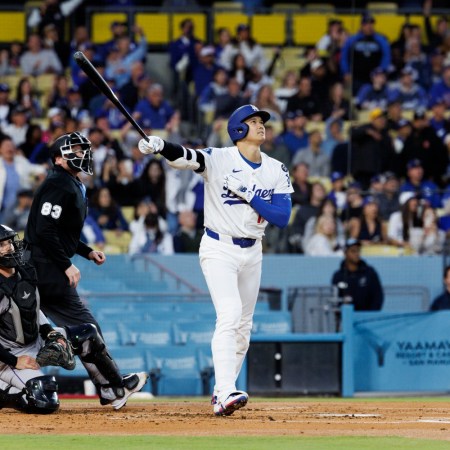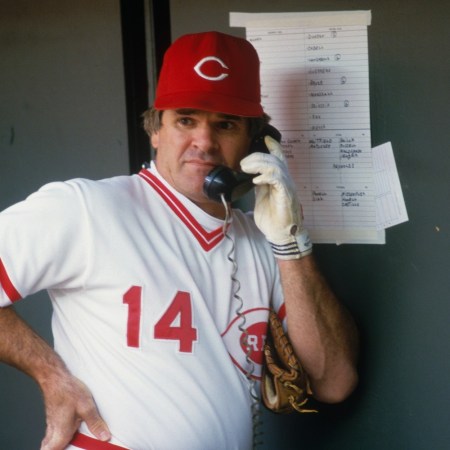It turns out spring training was not enough time for MLB teams to get used to the league’s new pitch clock. Games that count will apparently also feature its share of on-field confusion over umpire calls related to the tool, which was implemented to speed up games, not bring them to a screeching halt. That’s what happened yesterday on MLB’s Opening Day in a divisional match up between the New York Mets and the Marlins at LoanDepot Park in Miami.
Early Success Shows MLB’s Pitch Clock Was a Timely Addition to Baseball
Spring training games are wrapping up more than 20 minutes quicker than they did last seasonIn the top of the sixth inning, the Mets had runners at the corners, with Pete Alonso occupying first base. Though the Mets were up by two runs, they certainly wanted to cash in on the opportunity to score another. But Alonso unwittingly hurt their chances when his base running snafu caused an additional strike to be called against batter Jeff McNeil.
After McNeil took a pitch for strike one, umpires judged that Alonso did not try hard enough to retreat back to first in a timely fashion before the second pitch was delivered. A delay-of-game call went against Alonso, but put McNeil in an 0-2 hole at the plate with an additional called strike against him, even though a second pitch was never thrown.
Mets stakeholders, on the field and up in the away team’s broadcast booth, were predictably pissed.
“That’s absurd,” cried Ron Darling, color commentator for SNY, the Mets-owned cable network.
Mets manager Buck Showalter emerged out of the dugout for a less-than-polite discussion while McNeil groused with the home plate umpire, Larry Vanover. Alonso expressed frustration toward the first-base Blue, Chris Guccione, too. The brouhaha delayed the game more than a minute. (With runners on base the pitch clock is set to 20 seconds.)
“That’s just not right,” said play-by-play announcer for the Mets, Gary Cohen. The booth’s third man, Keith Hernandez, who was wide awake for this incident, exclaimed, “You can’t penalize the hitter; he didn’t do anything!”
“That’s a mistake by Vanover and his crew,” Darling added.
Actually, it wasn’t. Shortly before the regular season started, MLB issued a memo to teams saying umpires will have the authority to issue penalties against them if their players do not quickly reposition themselves between plays, exhibiting a “reasonable effort” to do so. However, umpires were also given the authority to make judgment calls over delaying the start of the pitch clock to favor the hitters — something that also happened in yesterday’s game. After the Mets’ Starling Marte took a vicious swing during one inning, Vanover signaled a stop of the pitch clock to give Marte extra time to collect himself. (Marte also became the first Met this year to take advantage of the league’s new bigger bases and steal one.)
But because Jeff McNeil is good at baseball, with two strikes against him to one ball, last year’s MLB batting champion snuck a single through the infield to score Marte — there’s that name again — from third. The Mets went on to win the game 5-3, in a tidy time of two hours and 42 minutes, but not before learning a lesson they should’ve known in the first place: good ballplayers don’t lollygag their way to first, apparently even when they’re already there.
The Charge will help you move better, think clearer and stay in the game longer. Subscribe to our wellness newsletter today.



















